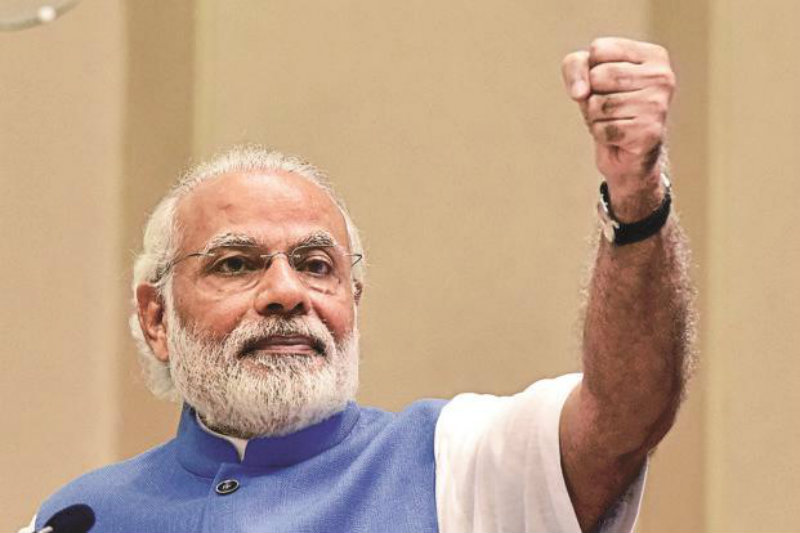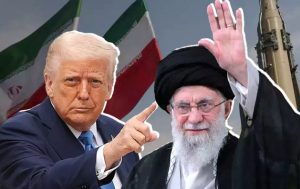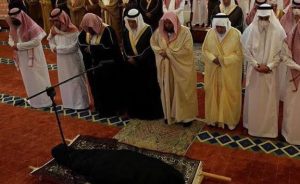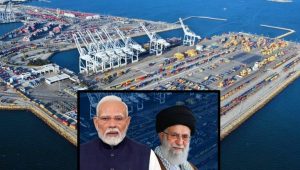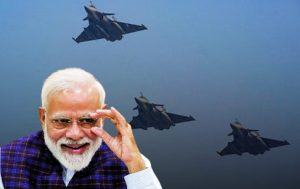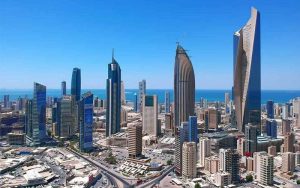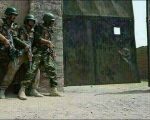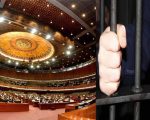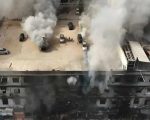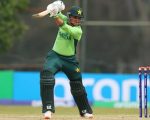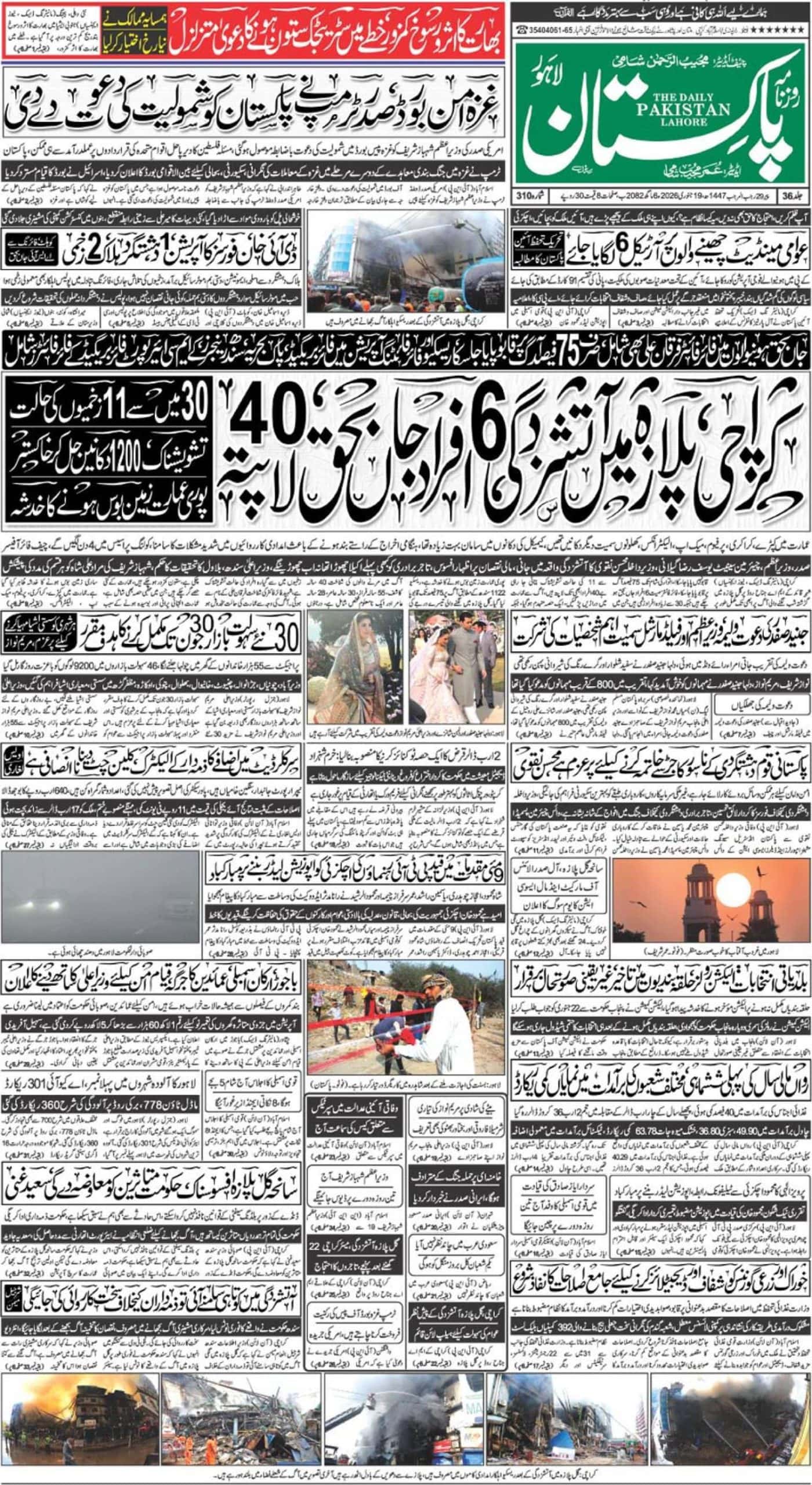GOA – In another diplomatic stunt to isolate Pakistan, Indian Prime Minister Narendra Modi has urged his fellow BRICS leaders to take a strong united stand against the “mothership of terrorism” in the South Asian region.
“In our region, terrorism poses a grave threat to peace, security and development. Tragically the mothership of terrorism is a country in India’s neighbourhood,” Modi said at BRICS summit in Indian city of Goa on Sunday, in a thinly veiled reference to Pakistan.
Modi said a country in India’s neighbourhood held links to “terror modules” around the world, which BRICS – a bloc consisting of Brazil, Russia, India, China and South Africa – should strongly condemn.

Tension between the nuclear-armed neighbours has escalated since a Sept. 18 attack on an army base in held Kashmir, near the disputed frontier with Pakistan, killed 19 Indian soldiers in the worst such assault in 14 years.
India later said it had carried out retaliatory “surgical strikes” across the de facto border that inflicted significant casualties.
Indian atrocities in IHK
Pakistan denied any role in the attack on the Uri army base, and said the Indian operation had not even happened, dismissing it as typical cross-border firing.
Pakistan maintains India is attempting to divert the world’s attention away from ‘atrocities’ committed by government forces in India-held Kashmir.
Both countries have locked horns over the Kashmir issue since Indian forces stepped up a crackdown against protesters after Hizbul Mujahideen commander Burhan Wani was killed by government forces in July.
Over 80 people have been killed and hundreds of protesters injured in clashes with Indian security forces.
“In our own region, terrorism poses a grave threat to peace, security and development,” Modi said in his remarks to BRICS leaders who met at a resort hotel in the western state of Goa.
Modi has been using the BRICS summit in an attempt to isolate Pakistan following a surge in tensions between the two countries.
In his closing remarks at the end of the two-day summit, the Indian premier told reporters that BRICS leaders had been unanimous in recognising the threat posed by terrorism to economies globally.
The sponsors of terrorism were “as much a threat to us as the terrorists themselves”, Modi said.
‘Regional growth’
Modi’s posturing overshadowed the gathering of leaders of a group originally set up to boost economic cooperation. It followed a productive bilateral summit with President Vladimir Putin of Russia on Saturday that yielded billions of dollars in defence and energy deals.
Modi’s hard line against Pakistan marks a departure from India’s tradition of strategic restraint, and New Delhi has won expressions of support from both the West and Russia over the army base attack. Yet China, a longstanding ally of Pakistan that plans to build a $46 billion export corridor, has shown public restraint.
Modi and President Xi Jinping also held a bilateral meeting on Saturday and the accounts of their conversation emerging from both sides pointed to key differences of opinion. In one remark reported by the state Xinhua news agency, Xi said that China and India should “support each other in participating in regional affairs and enhance cooperation within multilateral frameworks”.
The dispatch went on to refer to the South Asian Association for Regional Cooperation (SAARC). This grouping includes Pakistan, which was to have hosted a summit in November that collapsed after India and other members pulled out.
The final BRICS summit declaration was expected to repeat earlier condemnations of “terrorism in all its forms”, say diplomats and analysts, but avoid levelling blame over tensions between India and Pakistan.
BRICS was formed in 2011 with the aim of using members’growing economic and political influence to challenge Western hegemony.
The nations, with a joint estimated GDP of $16 trillion, set up their own bank in parallel to the Washington-based International Monetary Fund and World Bank and hold summits rivalling the G7 forum.
But the countries, accounting for 53 per cent of world population, have been hit by falling global demand and lower commodity prices, while several have also been mired in corruption scandals.
Russia and Brazil have fallen into recession recently, South Africa only just managed to avoid the same fate last month and China’s economy has slowed sharply.
India by contrast is now the world’s fastest-growing major economy in an otherwise gloomy environment.

